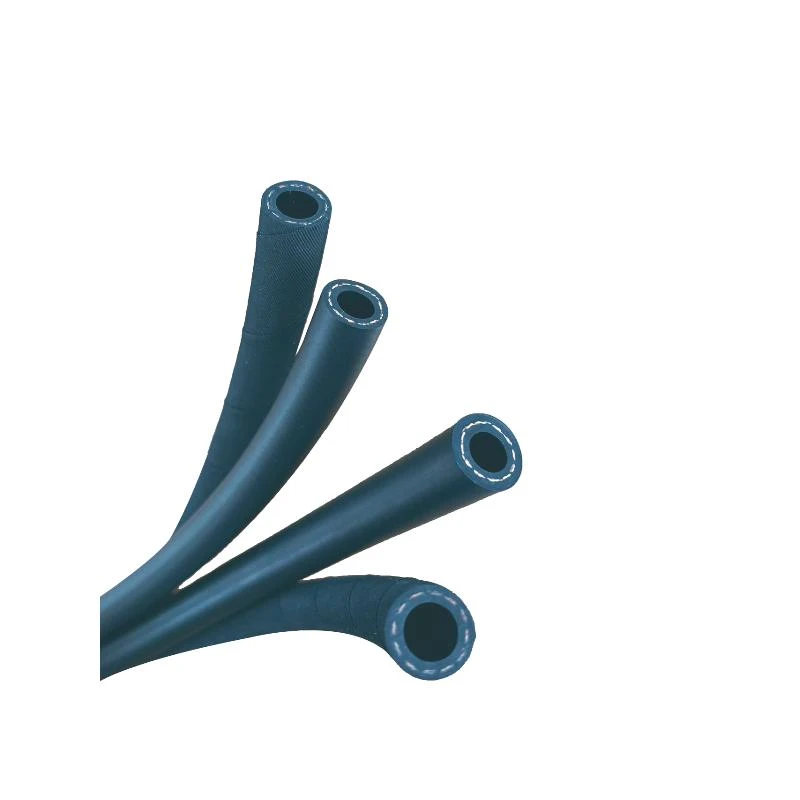Automatic Transmission Hose Assembly for Enhanced Cooling Performance and Reliability
Dec . 03, 2024 17:18 Back to list
Automatic Transmission Hose Assembly for Enhanced Cooling Performance and Reliability
Understanding Automatic Transmission Oil Cooler Hose Assembly
Automatic transmission systems are an essential component of modern vehicles, providing smooth gear shifts and improved driving comfort. One critical element that ensures the efficient operation of an automatic transmission is the transmission oil cooler. Within this system, the transmission oil cooler hose assembly plays a pivotal role in maintaining optimal fluid temperatures, thereby enhancing transmission performance and longevity.
What is an Automatic Transmission Oil Cooler Hose Assembly?
An automatic transmission oil cooler hose assembly consists of various hoses and connectors that transport transmission fluid to and from the oil cooler. The assembly is designed to withstand the high pressures associated with automatic transmission systems and to resist degradation from heat and chemical exposure. Typically made from durable materials such as rubber or reinforced thermoplastics, these hoses are paramount for ensuring a leak-free and efficient operation.
Function of the Assembly
The primary function of the oil cooler hose assembly is to circulate transmission fluid through the transmission cooler. The cooler itself is usually located at the front of the vehicle, where it can take advantage of airflow while the car is moving. As the transmission fluid flows through the cooler, it is exposed to ambient air temperatures, allowing excess heat to dissipate. This process prevents the transmission fluid from overheating, which could lead to decreased performance or even catastrophic transmission failure.
Signs of a Failing Hose Assembly
Like any vehicle component, the transmission oil cooler hose assembly can wear out over time. Recognizing the signs of a failing assembly is crucial for preventing more severe damage to the transmission. Common indicators include
automatic transmission oil cooler hose assembly

2. Overheating Transmission If the transmission is running hotter than usual, it may signal that the fluid isn't being properly cooled due to a malfunctioning hose assembly.
3. Slipping Gears A slipping transmission can be symptomatic of insufficient fluid levels, which might result from a leak in the cooler hose assembly.
4. Unusual Noises Hissing or whining sounds from the transmission may occur if air has entered the system due to compromised hoses.
Maintenance and Replacement
Regular maintenance is essential for the longevity of the oil cooler hose assembly. During routine vehicle inspections, mechanics should examine the hoses for signs of wear, such as cracking, swelling, or brittleness. If any issues are detected, it's wise to replace the affected hoses immediately to prevent further damage.
Replacement of the hose assembly typically involves draining the transmission fluid, removing the old hoses, and installing new ones with appropriate clamps and connectors. After the new hoses are fitted, the transmission fluid should be refilled and monitored for leaks.
Conclusion
The automatic transmission oil cooler hose assembly plays a crucial role in maintaining the health of a vehicle’s transmission system. Understanding its function and recognizing signs of wear can help vehicle owners take proactive measures to ensure their cars run smoothly and efficiently. Regular checks and timely replacements can significantly extend the life of the transmission, safeguarding against costly repairs down the road. By investing in proper maintenance, drivers can enjoy the full benefits of their automatic transmission systems and ensure a more reliable driving experience.
